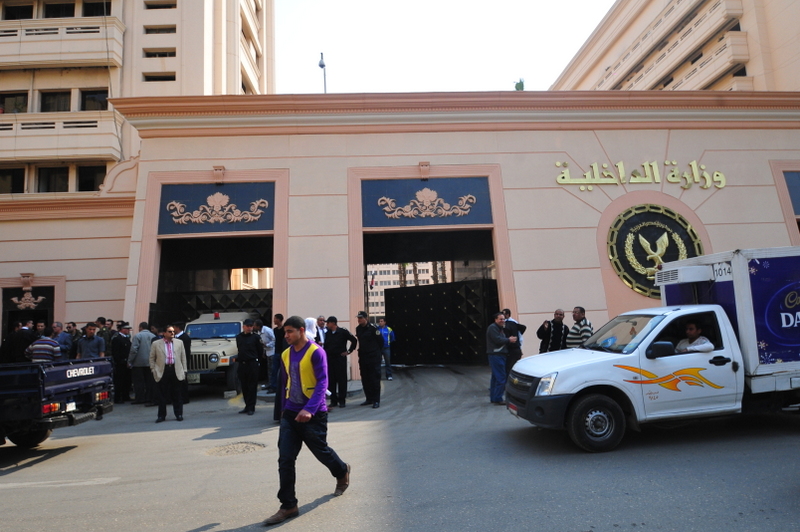CAIRO: When a bride-to-be appeared last Ramadan on Mahmoud Saad’s hit show “Do’o El-Mazaher and talked about the working conditions at the textile factory where she works, she instantly touched audiences’ hearts. Before the show was over, her fiancé had received several job offers with a salary big enough to allow her to stay at home.
At the factory in Tenth of Ramadan industrial area, she had to work 10-hour shifts and was sometimes forced to spend the night at the factory, sleeping in a room next to one full of male workers. However, while she may now afford to be a housewife, not all women working at factories in Egypt are as lucky.
According to a recent study released by the New Women Foundation – a non-governmental organization – there is an overall increase in the exploitation and abuse of females in the workplace.
The NGO’s study found this to be especially true in factories, where females are subjected to the highest levels of verbal and physical abuse, namely sexual harassment, from their supervisors.
“There needed to be a study on women in the workplace amidst the privatization and restructuring that is taking place. There has been a deterioration of working conditions for women as they are subjected to sexism . marginalization and exclusion, said researcher Entsar Badr in the introduction of the study.
The findings are a result of extensive research and three workshops conducted in Cairo, Alexandria and Suez in March and April 2008, in which more than 600 female workers participated.
The research examined the social and economic characteristics of working females, their motivation to work, the terms of agreement for the job, the working conditions of women inside factories and whether women ask for their rights.
According to the findings, these women are at high risk of being raped because most factories are located on the outskirts of the city. Among these females, those who live in the countryside and go home late at night face the highest risk of rape.
After conducting research at factories in a variety of industries, the study found that women are made to work more than the legal eight hours a day without being compensated for overtime. They also have to work during national holidays, which is against labor laws.
A majority of the women who participated in the study said that they are often forced to work the night shift and stay at overnight. Most of them work without a contract, and therefore, do not receive their legal rights.
These violations are mainly found in privately-owned factories, according to the study, where the owners do whatever’s best for the business, often at the expense of their employees.
Familiarizing women in Egypt with their rights is part of the goal of the New Women Foundation.
Under slogan “Let’s expose the harasser and help the victim, the NGO set up a hotline where women can report incidents of sexual harassment.


